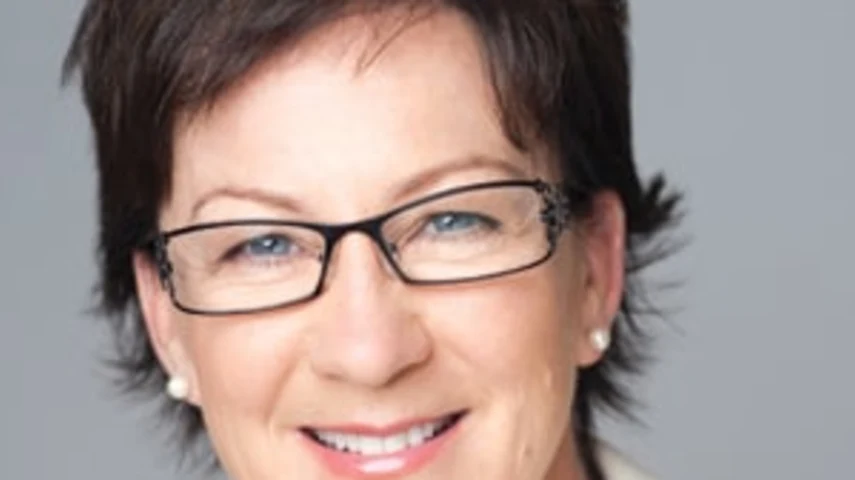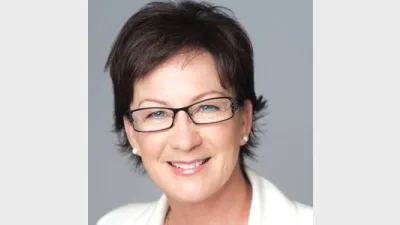Tax takes centre-stage in trans-Tasman transfer concerns



The Australian Institute of Superannuation Trustees (AIST) has expressed concerns that a lack of tax considerations may complicate the Federal Government's proposal to create a trans-Tasman retirement savings portability plan.
AIST said super funds would need to amend their databases to ensure that monies moving between them were appropriately taxed. It said RBSs should be uniform across both countries, which may minimise the administration required to separate taxable from tax-free monies.
AIST said funds that did not choose to accept transfers from KiwiSaver accounts might still need to build additional tax information into their systems, as they would not have the same flexibility when accepting payments from other Australian Prudential Regulation Authority (APRA)-regulated super funds.
The Association of Superannuation Funds of Australia (ASFA) agreed that across-the-board data systems amendments would be needed. However, unlike AIST, it said the cost would be significant, especially in light of already-scheduled IT development work.
New rules would also need to be imposed to ensure that the systems of funds which chose to allow the transfers were able to process them in accordance with tax rules, AIST said.
AIST argued that the consideration of monies as a non-concessional contribution only once these monies hit Australian shores was inconsistent with aims to develop a seamless common market. It called for KiwiSaver providers to be bound by the same processes as APRA-regulated funds in regards to transferring contributions.
The SMSF Professionals' Association of Australia (SPAA) also responded to the Government's proposal and said cutting SMSFs out of any trans-Tasman portability scheme was "discriminatory and counter-productive".
SPAA chief executive Andrea Slattery said in light of the Cooper Review findings on SMSFs - which said they were largely successful and a well-functioning part of the system - the sector should not be excluded.
She said the Australian Taxation Office (ATO) had reported that SMSF taxation and super law compliance was high. SMSFs' suitability as a destination for New Zealand-sourced retirement savings was strengthened by the compliance-based regulation administered by the ATO, according to Slattery.
Recommended for you
Australia’s largest super funds have deepened private markets exposure, scaled internal investment capability, and balanced liquidity as competition and consolidation intensify.
The ATO has revealed nearly $19 billion in lost and unclaimed super, urging over 7 million Australians to reclaim their savings.
The industry super fund has launched a new digital experience designed to make retirement preparation simpler and more personalised for its members.
A hold in the cash rate during the upcoming November monetary policy meeting appears to now be a certainty off the back of skyrocketing inflation during the September quarter.










